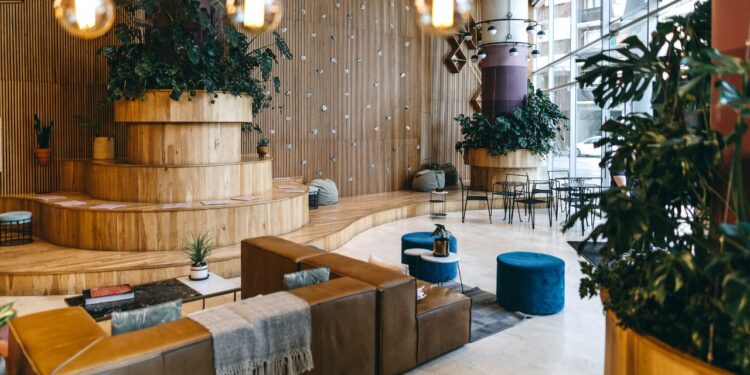The flexible office and hospitality industries have always felt like kindred spirits.
Both focus on creating a comfortable environment, oftentimes for traveling business people that require a variety of amenities to make their day run smoothly.
Now, it appears that flexible operators are further replicating the hotel business model as the industry continues to evolve at a faster pace than expected.
Coworking firms and flexible office operators are seeing a spike in corporate members, some for the first time ever. Because of this, demand for specific services has also grown.
Operators are addressing these needs by catering to niche audiences. For instance, The Wing focuses on creating an environment for women-led businesses, while Convene-managed Club 75 offers a more affordable members-exclusive coworking club.
“It’s a little bit like the restaurant business—big chains, local spots, high-end, everyday ones–there’s a lot,” said Christelle Bron, Leader of Agile Real Estate Practice at CBRE Americas.
Real estate companies like CBRE have also noted this growth in demand and have created their own coworking ventures. For instance, CBRE launched its flexible office arm Hana, which has since been acquired by notable operator Industrious.
However, one of the biggest lessons coworking spaces have taken from the hotel industry are management agreements, which offer a way for operators and landlords to reduce their risk and share more of the incoming revenue.
“You can think about it as more of a partnership with the landlord where they both go in together,” said Bron. “It depends on the market and what it can bear. It’s really dictated by demand and what market.”
















